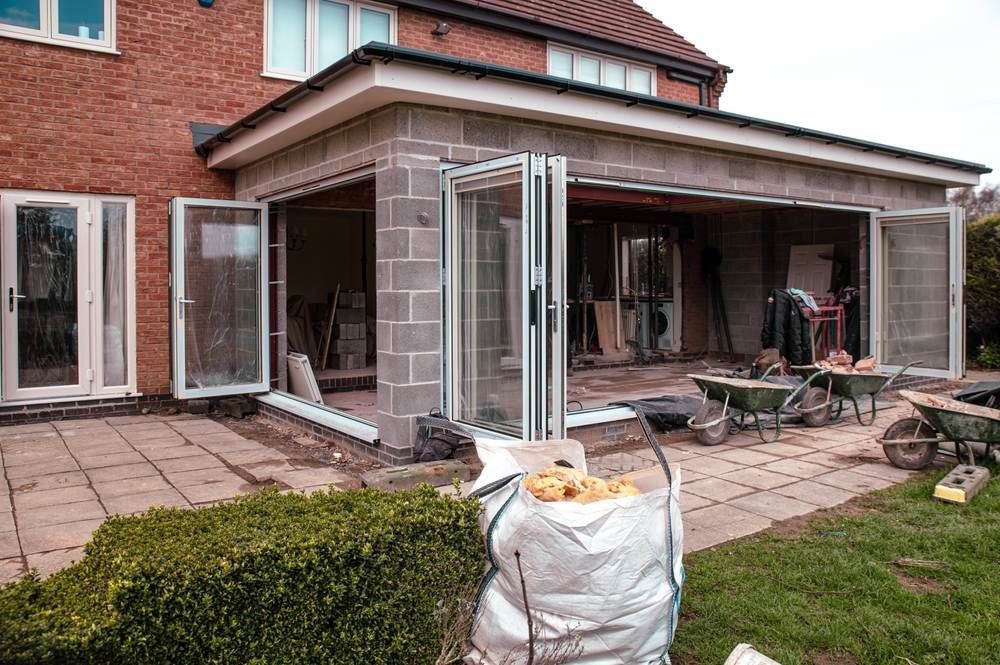Everybody loves a doer-upper. Buying your first property is an exciting (yet equally terrifying) time, and finding a well-priced property which has the potential to add serious value if you carry out certain renovations could set you up for life.
But it could also prove to be a money pit, and if you don’t plan well and in advance, you could end up seriously out of pocket.
When approaching a renovation project, there are certain steps that you need to take to ensure that you protect yourself and your investment in the property. Follow these simple rules, and you will be able to sit back and watch your investment grow and take shape over the years, possibly giving you a nice little nest egg for the future.
Check for permissions and permits
Before embarking on any major renovation project you need to check whether you need any planning permissions or permits to carry out the works. If you are changing the structure of a building in any way, raising the height, extending its footprint beyond a certain percentage, or changing the appearance of the property, then chances are you will need to seek building permission.
Is the house grade 1 or grade 2 listed? Do you need to produce historically sensitive plans?
These all add to the costs and need to be taken into account. If you crack on with the work without the correct paperwork in place, you could be ordered to destroy whatever works have been completed and return the building to its original state – and pay a fine!
Insist on a formal quote
If you start on the basis of an estimate, the bill could be much more. A quote is legally binding. Make sure you get one from your contractor.

Be sensible – don’t over-invest
Unless you have money to burn and plan on staying in the property for the rest of your life, it would be overkill to use the most expensive, highest quality, luxury materials. If you are working on your forever home, then by all means choose fixtures and fittings that you will want to live with and give you great, long-term service. Avoid the cheapest products on the market – you’ll probably find that you will have to be replacing them again within a year or two. Work by the adage ‘buy once, buy well’. Buy with your heart and your head, and make sure you shop around for discounts and better offers on like for like products.
Be involved in the project management
Even if you have a project manager, make sure they keep you up to date with work on a daily basis. For the more unscrupulous contractors out there, cutting corners such as leaving out an extra reinforcing steel box section might add to their profit margin, but it might also add to your financial woes if the finished structure is substandard. Become knowledgeable. Be involved.
Keep your neighbours informed
If you do need to seek building permissions, your neighbours do have the right to put up objections to your plans if they feel they impact their own property. Make sure that you keep them informed and involved in the entire process.
Add a contingency to your budget
Whatever budget you have put aside to pay for the renovations, add a contingency of at least 10 per cent. More often than not the work may run into unforeseen problems that were not obvious at the estimation stage, and additional funds will need to be sourced to rectify these issues. If you prepare yourself mentally and financially for such unforeseen circumstances, they will hurt less in the long run. And if they don’t occur, then you have a budget left over for something special at the end of the project!


